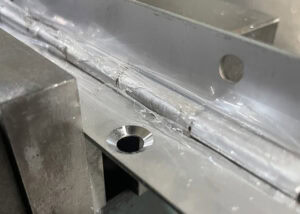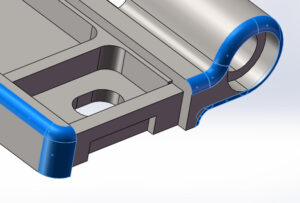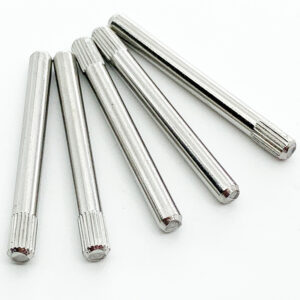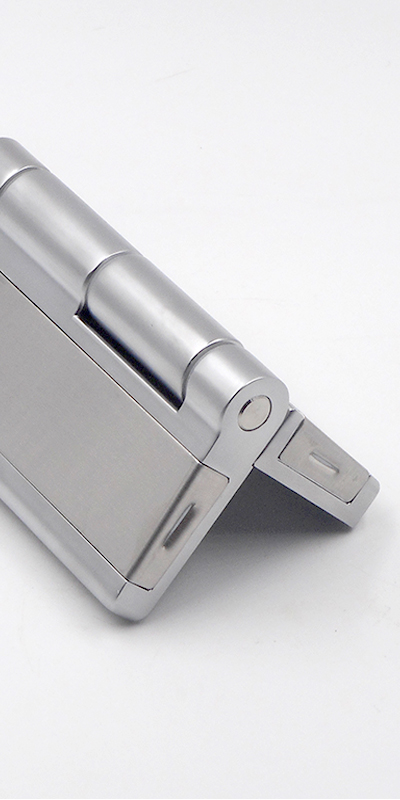Selecting the right hinge material, especially in high-demand applications, directly impacts longevity, function, and efficiency. A hinge, in many respects, functions as a backbone, providing not just motion but also structural support.
The choice of hinge material is crucial in determining its durability, function, and suitability for various industrial applications. Materials like steel, especially stainless steel, have been popular due to their tensile strength and corrosion resistance. However, while alternatives such as brass, bronze, aluminum, ceramics, and composite materials each offer unique advantages tailored to specific situations, steel remains a reliable go-to choice for many heavy-duty applications due to its blend of strength and adaptability.
Ensuring the right choice begins by understanding that the term “strongest” is multifaceted. It encompasses tensile strength, fatigue resistance, corrosion resistance, and temperature stability.
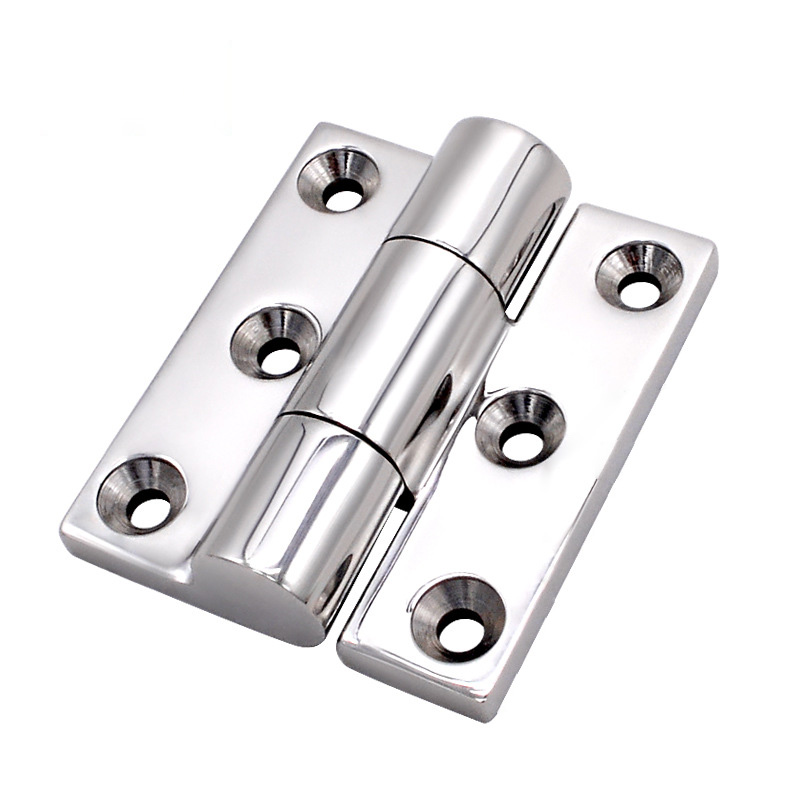
What criteria define hinge strength?
The definition of strength isn’t linear. For hinges, materials must be assessed on their tensile strength, ability to resist corrosion, fatigue resistance, and their adaptability under different temperatures. Only by looking at these collective qualities can we determine true strength.
Materials must be resilient and capable of withstanding constant use, especially in industrial applications. Factors such as exposure to chemicals, physical stresses, and environmental conditions play pivotal roles in dictating the longevity and efficiency of a hinge.
Why do different industries have specific hinge material needs?
Industries are as varied as the environments they operate in. From high-heat situations in smelting plants to high-pressure conditions underwater, each environment demands materials tailored to its specifics.
The nuances of each industry’s needs can’t be overstated. For instance, a hinge material that thrives in an arid environment might deteriorate rapidly in a marine one. Therefore, understanding these specifics is crucial for optimal hinge performance.
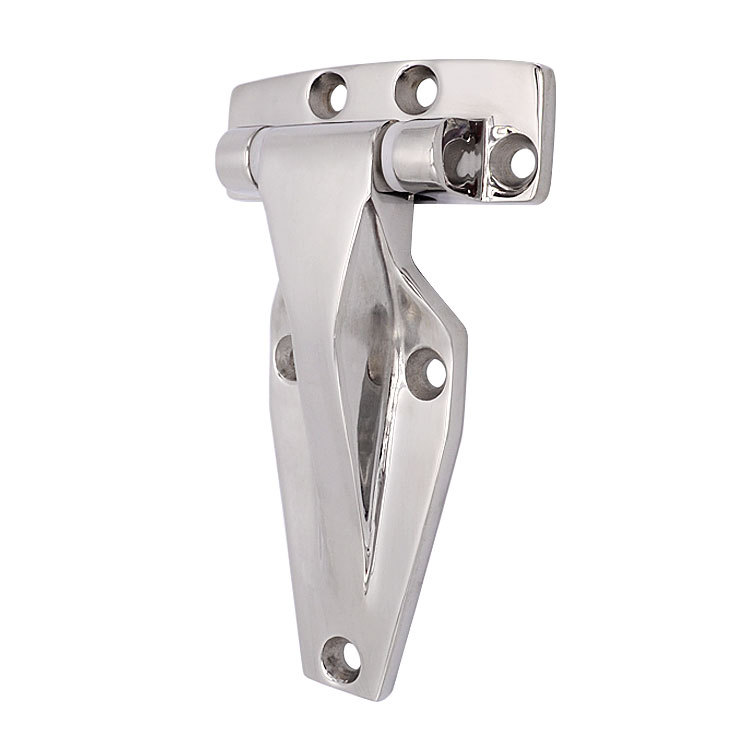
How do steel hinges measure up?
Steel has long been the go-to for various applications, boasting impressive tensile strength. It can bear significant weights, making it a preferred choice in many heavy-duty applications.
Beyond the generic steel variant, stainless steel emerges as a sub-category, known for its remarkable resistance to corrosion. This feature makes it an ideal candidate for industries operating in moisture-prone environments or where corrosive chemicals are present.
Are there alternatives to steel?
Indeed, while steel is a popular choice, materials like brass, bronze, and aluminum also find their place in the hierarchy. Each of these offers unique benefits tailored to specific applications.
Brass and bronze hinges are revered for their wear resistance, offering a durable choice for high-frequency use applications. On the other hand, aluminum, with its lightweight and anti-corrosive properties, stands out in scenarios where both weight and corrosion are concerns.
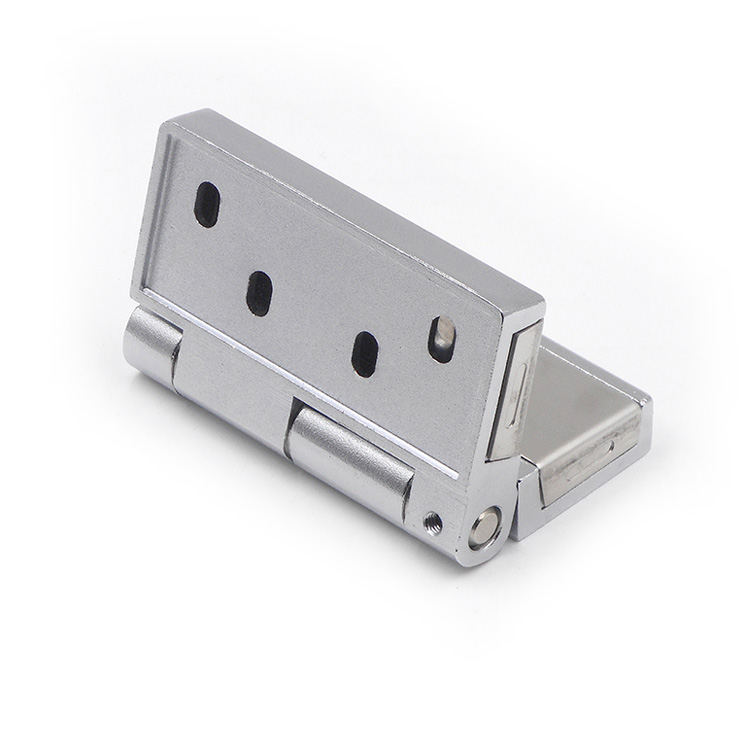
How do composite materials fare?
Composite materials are essentially combinations of two or more materials. Their strength often surpasses their individual components, offering unique properties tailored for specific industrial needs.
For example, carbon-fiber-reinforced polymers combine the strength of carbon fiber with the versatility of polymers, resulting in a lightweight yet incredibly strong material. It’s ideal for applications where weight and strength are both paramount.
Can ceramics be used in hinges?
Ceramics, often recognized for their extreme hardness, make an interesting candidate for hinge materials. Their ability to withstand wear is unparalleled, especially in high-temperature conditions.
However, there’s a caveat. Ceramics are inherently brittle, making them less suitable for applications where flexibility or impact resistance is necessary. Their use, therefore, is specialized, catering to particular industrial needs.
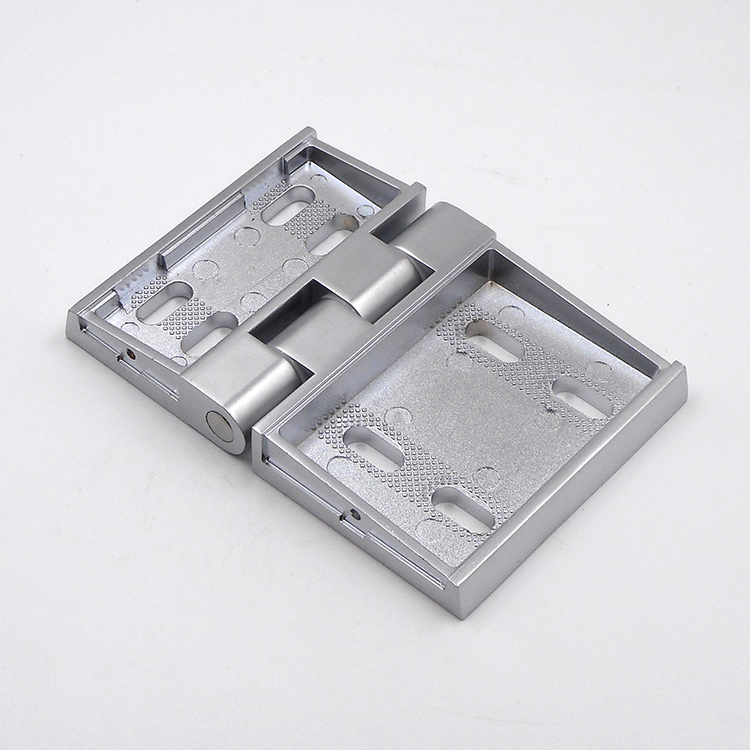
What about novel materials?
With the relentless march of materials science, new alloys and composite materials continually emerge. These promise enhanced strength, improved resistance, and wider adaptability, hinting at future shifts in hinge material choices.
These innovations, backed by rigorous research, offer glimpses of future hinge materials that could further redefine strength and adaptability in ways we’ve yet to fully realize.
Conclusion
In the pursuit of identifying the strongest hinge material, myriad options present themselves, each with specific strengths and applications. From steel’s tried-and-true reliability to the innovative promise of novel materials, the journey is ongoing.
For those requiring industrial hinges, remember that we are experts in this field. Our edge lies in delivering quality hinges at competitive prices. If you need industrial hinges tailored for your equipment, don’t hesitate to contact us for a bespoke quote.
You might also be interested:

